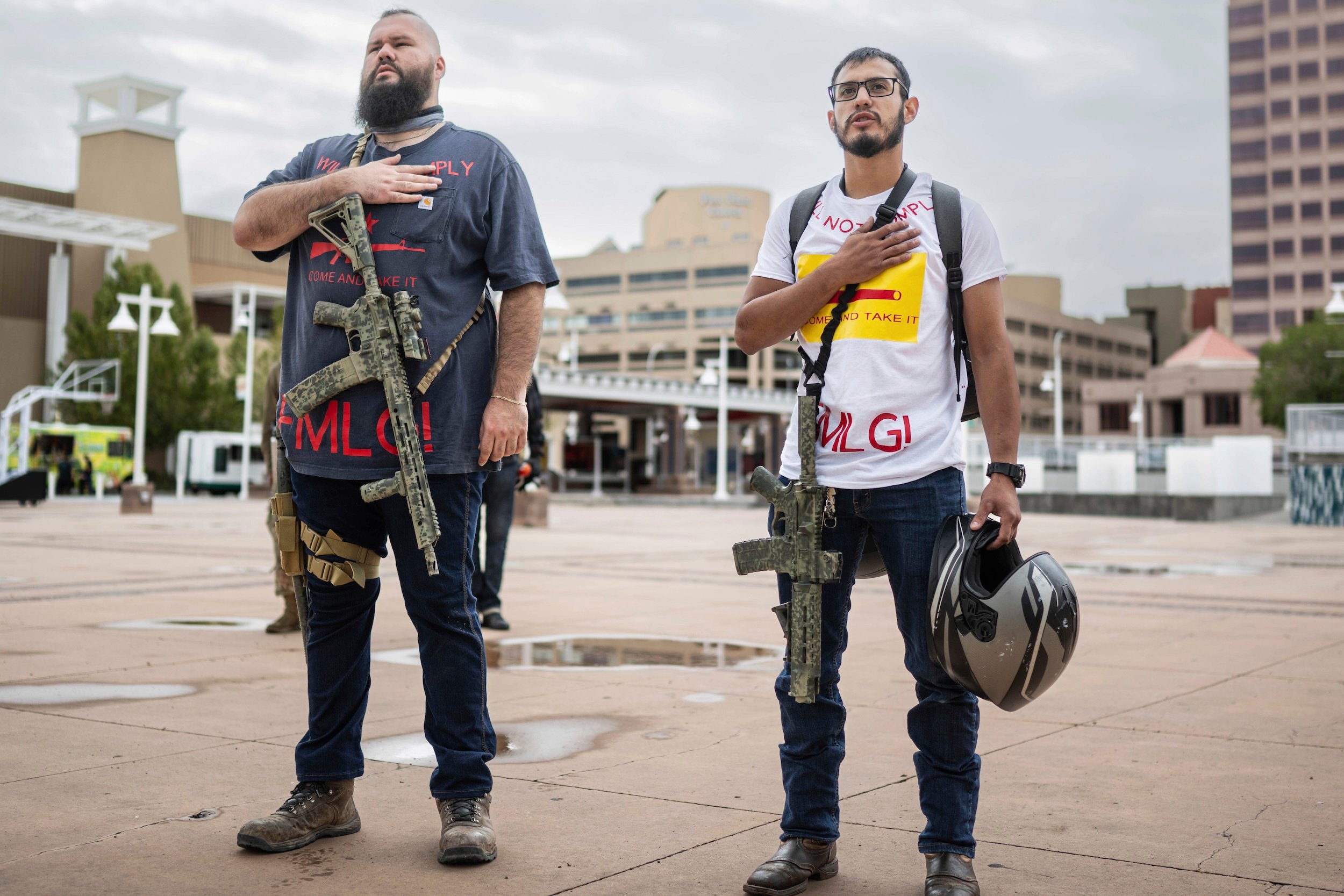Part of the reason America’s gun violence crisis is hard to understand is that data on the problem is hard to access and make sense of.
The data that does exist is often incomplete and unreliable. Federal and state funding to study the issue is scant. And legislation prevents the collection and distribution of records that could reveal important facts about how and why violence persists.
These conditions have had a detrimental effect on journalism seeking to go beyond the surface of a public health crisis that claims nearly 50,000 American lives every year. The pursuit of good data on gun violence is often too complicated, expensive, or time consuming for newsrooms to take on. The result is coverage that often fails to contextualize shootings and that puts emphasis on mass acts of violence that account for a fraction of annual gun deaths and injuries.
The Gun Violence Data Hub, a new initiative by The Trace — the only newsroom dedicated exclusively to covering gun violence — seeks to change that. The Data Hub is a multiyear project to increase the accessibility and use of accurate data on gun violence in journalism. Its team of editors, reporters, and researchers will proactively collect and clean datasets for public distribution, write and share tip sheets, and serve as a resource desk to other newsrooms, assisting journalists in their pursuit of data-informed reporting.
The Trace is building the Data Hub — the first resource of its kind — to fill gaps in the current data landscape, facilitate deeper reporting on gun violence, and increase public understanding of the issue.
For the Data Hub to be successful, it must be informed by the needs of journalists — from all mediums, and at all levels. Where do they encounter barriers to obtaining data on gun violence? How could access to regular, reliable data improve their reporting?
If you’re a journalist or professional interested in this project, please fill out the questionnaire below. We’d love to connect with you and discuss how this project can help your coverage of gun violence, crime, public safety, and public health.
The Trace is able to invest in data reporting and analysis that leads to significant journalistic impact. By analyzing 370,000 shootings logged by the Gun Violence Archive, our team laid bare the ongoing crisis in small towns and rural communities, where gun homicides and assaults are rising even as they decline in larger cities. By creating a searchable database of inspection reports from the Bureau of Alcohol, Tobacco, Firearms and Explosives, The Trace and its partners revealed a pattern of lax enforcement of gun dealers and spurred the Biden administration to shut down more of those that break the law
Since our founding in 2015, The Trace has published stories with more than 300 media partners. The Data Hub will extend our capacity for collaboration by creating resources and tools that journalists at other outlets can use in their own coverage.
Over the next several months, The Trace will hire people for key positions at the Data Hub and will post job openings here. We plan to launch in the fall.
Initial support for the Gun Violence Data Hub has been generously provided by Arnold Ventures and The John D. and Catherine T. MacArthur Foundation.
The Trace is building the Data Hub alongside its local reporting initiative, which embeds beat journalists and community engagement specialists in cities disproportionately affected by shootings. In Chicago, funding for The Trace’s local initiative is provided by the Joyce Foundation, the Alvin H. Baum Family Foundation, the Field Foundation, and the Polk Bros. Foundation. The Trace’s local reporting in Philadelphia is made possible in part by the Comcast NBCUniversal Foundation, the Lenfest Institute for Journalism, the Neubauer Family Foundation, and the William Penn Foundation. You can view a list of The Trace’s funders here, and read our editorial independence policy here.

